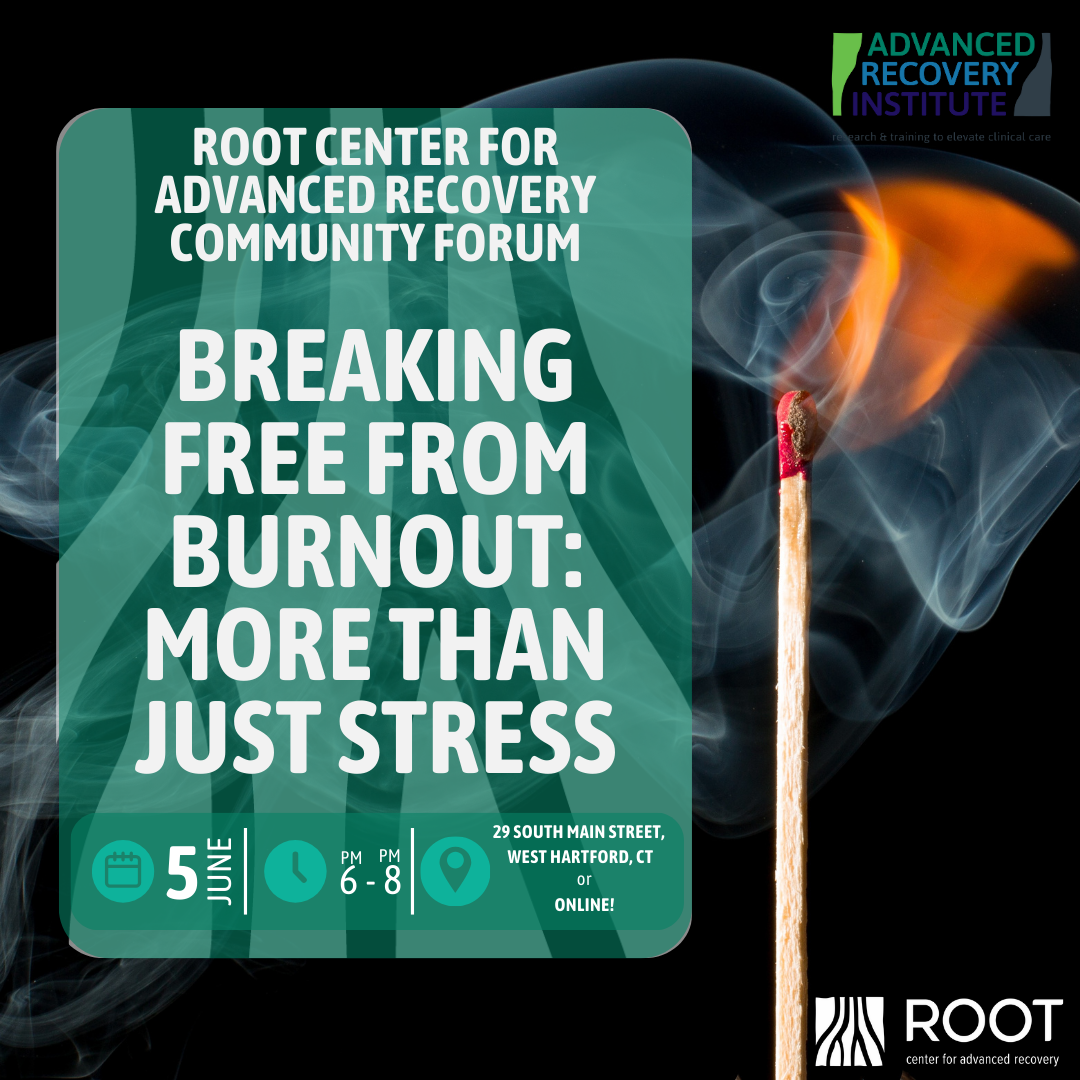Integrating the Treatment of Co-Occurring Disorders
May 10, 2020

There is no shortage in publications, guidelines, and statistical data reinforcing the importance of addressing the treatment of co-occurring disorders. Recently published SAMSHA TIP 42 (Substance Use Treatment for Persons With Co-Occurring Disorders) guidelines once again bring this topic into focus. Mental Illnesses and Substance Use Disorders (SUD) are co-joined in a seemingly never-ending variability with manifestation across the lifespan. These disorders are especially prevalent among patients seeking treatment for addiction. Several reasons have been implicated, among these are predisposing genetic factors and single brain abnormality, brain damage caused by one issue that predisposes the patient to another, symptomatic manifestation of mental illness by addiction behavior, mental illness undermining coping skills and resulting in addiction or vice versa, overlapping environmental triggers, and others.
We know that the treatments for addiction and mental health disorders should be delivered at the same time. While textbooks advise ruling out substance-induced mental illness through monitoring for subsiding anxiety, mood, or psychotic disorders during a period of sobriety, in my practical experience, this is not usually possible. The timing is critical, and we often only get one opportunity to draw a patient into treatment. From frontlines at Root Center for Advanced Recovery, we understand that patient retention in Medication-Assisted Treatment (MAT) for substance use disorders often directly depends on the patients’ engagement in individual counseling, group therapy, and medication management for mental illness. Furthermore, mental health symptoms that start as substance-induced at one point, tend to persist as a separate issue even once sobriety has been achieved.
Providing mental health treatment in the Opioid Treatment Program (OTP) setting offers some unique challenges and opportunities. Major Depression, Anxiety Disorder, and particularly Posttraumatic Stress Disorder, both acute and chronic, are the predominant mental health problems observed by our clinicians among the patient population in our OTP. There is a historical belief within our field that sobriety will solve all of a patient’s other problems, and while such conceptualization is a driving and motivating force in the treatment of SUDs, it is usually an erroneous assumption. Promoting self-determination and responsibility for success to our patients and utilizing multiple tools for positive reinforcement help to empower our patients in succeeding in maintenance treatment.
Patients with SUDs often experience hopelessness and negative self-image, which is perpetuated by stigma in society and difficulty in achieving a stable socio-economic status due to past legal problems, a broken employment record, and a lack of supportive social connections. These difficulties can negatively impact patient behaviors and attitudes, and adversely impact adherence to treatment. It is not pure abstinence that creates sustained and meaningful recovery but changing the prerequisite behaviors that often drive the patient’s prognosis and the likelihood of achieving sustained recovery.
At Root Center for Advanced Recovery, we witness that once a patient is effectively engaged in treatment for addiction, it promotes their engagement and retention in the treatment of mental illness and vice versa. When we say that there should not be a “wrong door” for patients to access treatment, we also say that there is no “wrong door” for providers to engage the patient. On the bright side, we can see that our patients are more likely to engage in mental health treatment if it is provided in the same clinical setting where they receive their treatment for SUD. This is because there is already a level of trust with the provider, the client has familiarity with clinical setting and staff, and hopefully, the client has received some positive feedback from peers and programming and progress. And most importantly, the patient is more likely to engage in mental health services after becoming established in their SUD treatment program, because they will have established the habit of leaving home and coming to the clinic for Methadone or Buprenorphine programming, which eliminates one of the most common barriers – hesitancy to take action.
The clinical progress is not parallel or congruent, and the course of mental illness does not follow the course of a SUD in step. Among patients at Root Center for Advanced Recovery, we frequently observe a seesaw pattern in exacerbation of mental illness at the time when a patient achieves sobriety , when it becomes unmasked, or when a patient is now dealing with “the morning on the battlefield” with overwhelming memories, emotions, anger, guilt, and remorse. This is important to mention here, as it is not just in the beginning of treatment, but repeatedly and frequently throughout the treatment process that mental health screening and evaluation must take place. While SUDs often follow a familiar pattern through stages of change and manifest in measurable progress, mental illness is never static; the symptoms evolve and transform; wax and wane, and the patient’s ability to cope continues to evolve as well throughout his or her lifespan.
Finally, it is important to note that there are complexities in addressing co-occurring disorders that must be recognized and considered throughout the treatment process. These include the complex effects of medication-assisted treatment, the incidence of opioid-induced low-testosterone and other psychosomatic issues, and significant interactions that can occur between co-prescribed medications and MAT medications. These factors bring another level of complexity to addressing co-occurring disorders in the treatment of substance use disorders.
Root Center for Advanced Recovery is committed to treating substance use disorders and co-occurring mental health disorders in a comprehensive, holistic, and client-centered manner. It is with this focused, holistic approach and with the understanding that SUDs and mental health treatments cannot be separated because the quality of the patient’s life remains the same, single denominator, that our medical and clinical teams at Root Center are promoting regular screening for mental health conditions among OTP patients. Psychiatric treatment has been made available to our patients for many years. Several measures will be further introduced in near future to expand screening and further improve access to treatment for patients who need mental health counseling or psychiatric support. Our goal is to completely integrate the treatment of substance use and co-occurring disorders at Root Center for Advanced Recovery, and we are fully dedicated to that mission.
Leonard Lev, MD
Medical Director
Root Center for Advanced Recovery
Recent Posts





